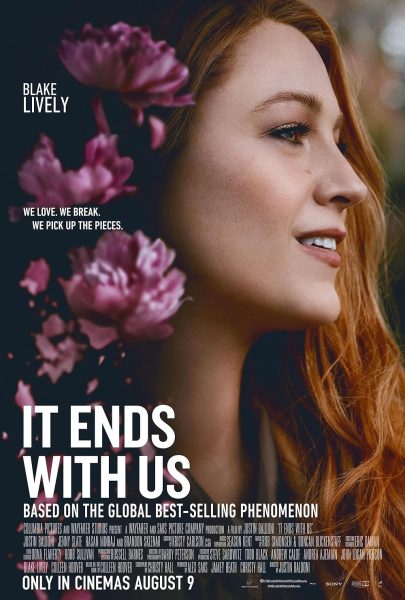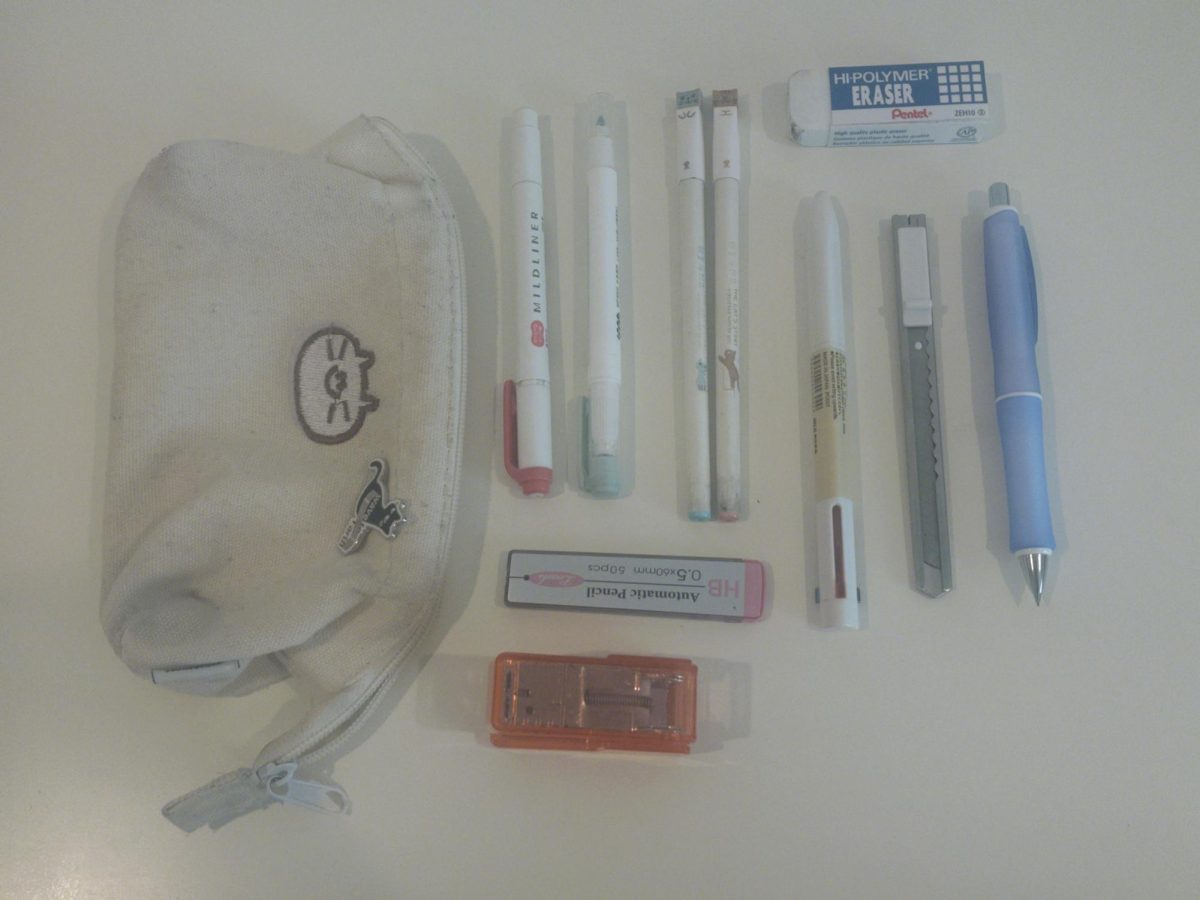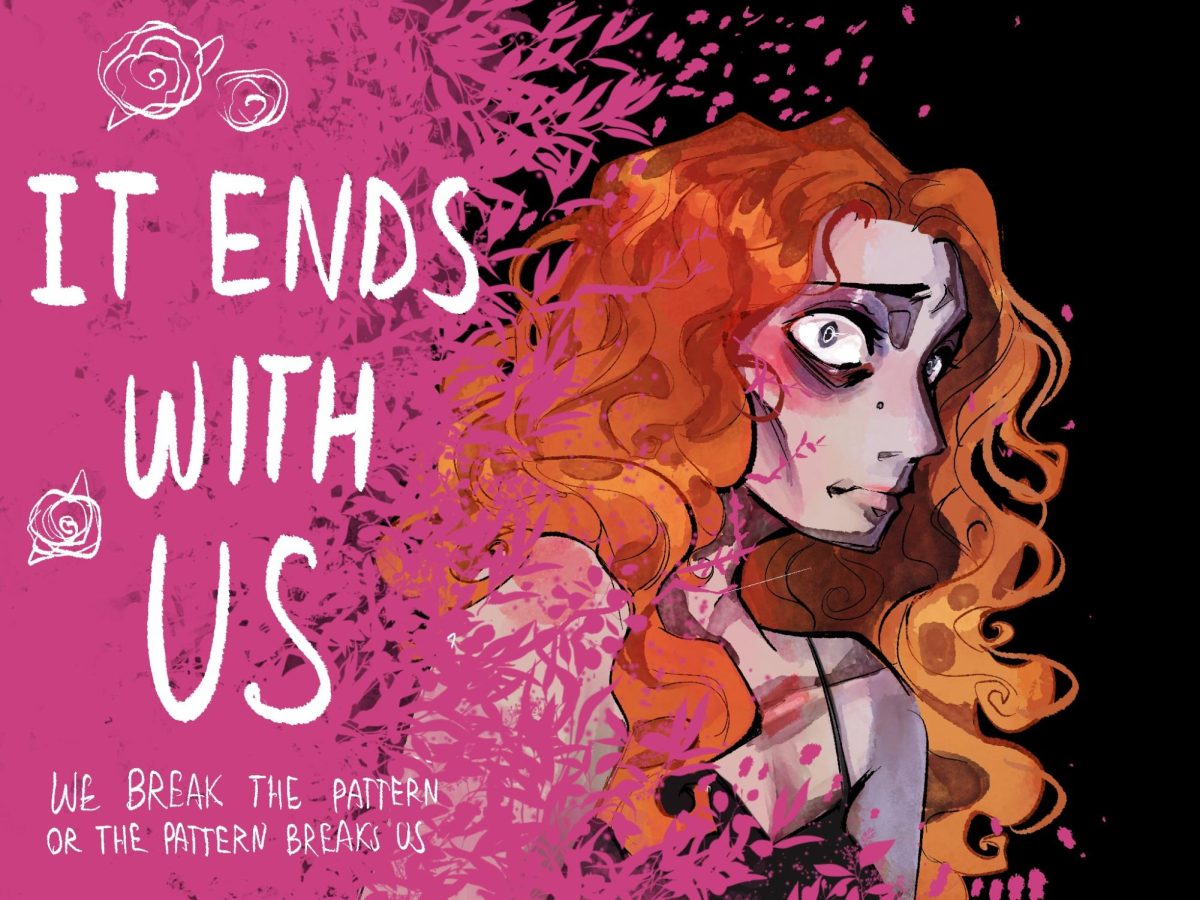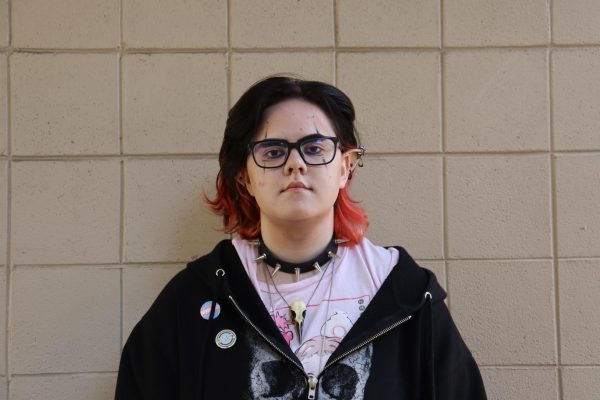I admit, when I first heard a movie adaptation of Colleen Hoover’s book “It Ends With Us” was being made, my first thought was, Are Hollywood directors running out of books to adapt or something?
Unwanted memories from her other popular novels — “Verity,” “November 9” and “Ugly Love” — flashed through my mind like a bolt of lightning. All of the dubious consent scenes. The infamous “we both laughed at our son’s big balls” scene. I started to sweat at the thought of sitting through a whole two hours of questionable love interests and soul-shriveling cringe-inducing dialogue.
But nevertheless, there’s that saying about books and covers, so I decided that for the good of The Falcon, I would knuckle down and give it an honest go.
To my honest bewilderment, after I finally sat down through the whole film, I came to the conclusion that the movie, even with all its flaws, was actually … not entirely terrible. In some aspects, it was even great!
The movie follows main character Lily Blossom Bloom (yes, that is her actual name) setting out to open her own flower shop (who would have guessed?), while navigating her relationships with the two male leads, rich neurosurgeon Ryle Kincaid (played by Justin Baldoni) and high school sweetheart Atlas Corrigan (played by Brandon Sklenar). Over the course of the movie, Lily’s relationship with Ryle grows increasingly abusive until she’s forced to leave.
The movie employs a subversion of romcom tropes that I actually found pretty clever — framing the persistence of Ryle’s attempts to get with Lily as an early warning sign to his abusive behavior (at least that’s how it seemed to me), and juxtaposing the light romantic scenes with the dark tension-filled scenes of abuse — drawing a parallel to the cycle of abuse and love-bombing that characterizes a large portion of domestic abuse cases.
The acting ranges from decent to good, the visuals are pretty enough and the pacing seems to be improved from the book. Ryle’s physically abusive behavior also seems to be toned down. This was a good call, as any audience members actually experiencing abuse could relate more easily to Lily and not feel the need to downplay the abuse they might be experiencing for not being “as bad” as what Ryle subjects Lily to.
The movie wasn’t without its problems, however. I was right about the dialogue — for one, most of it was improved from the book and the actors did the best they could with the delivery, but one of the characters would occasionally drop a line so bad that tremors of pure cringe would run through my body, extreme enough to be measured on the Richter Scale.
Even with the improved pacing from the book, the movie’s ending feels rushed, and Ryle’s reaction to Lily confronting him about the abuse comes across as unrealistic. He spent the entire movie gaslighting and love-bombing her to avoid responsibility and try to keep her trapped in the cycle of violence, but she confronts him once and he suddenly admits that his actions were wrong and lets her go? That feels unrealistic.
Not only does it feel like too sudden of a switch, but encouraging victims of physical abuse to end the relationship through confronting their abusers directly could be dangerous. In real life, these situations could quickly turn violent.
The lack of proper trigger warnings for the movie was upsetting as well. The movie included warnings of sexual content and domestic abuse, but in no way it mentioned the graphic attempted rape scene in the middle of the movie in which Ryle holds down Lily and tries to assault her while she begs him to stop. For a movie aimed at victims of abuse, this is a gross negligence since sexual violence victims could easily be triggered by the scene.
Then, there is the issue of marketing and general controversy surrounding the movie. Blake Lively, the actress who portrays Lily, has been promoting the movie by encouraging viewers to “put on their florals and grab their friends,” treating this movie about domestic violence like the second Barbie movie that you should dress up to see. The trailer also frames the movie as a typical romcom, without mention of the darker scenes, and the poster shows a light scene of Blake Lively in profile view surrounded by flowers.

Even with all these flaws, “It Ends with Us” is a solid and in some ways a superior adaptation of its source material.
Still, I’d give the movie only 2.5 Falcons out of 5 (an average score with a .5 taken off for lack of a trigger warning and a questionable marketing campaign). My advice is to watch it at your own discretion.




























